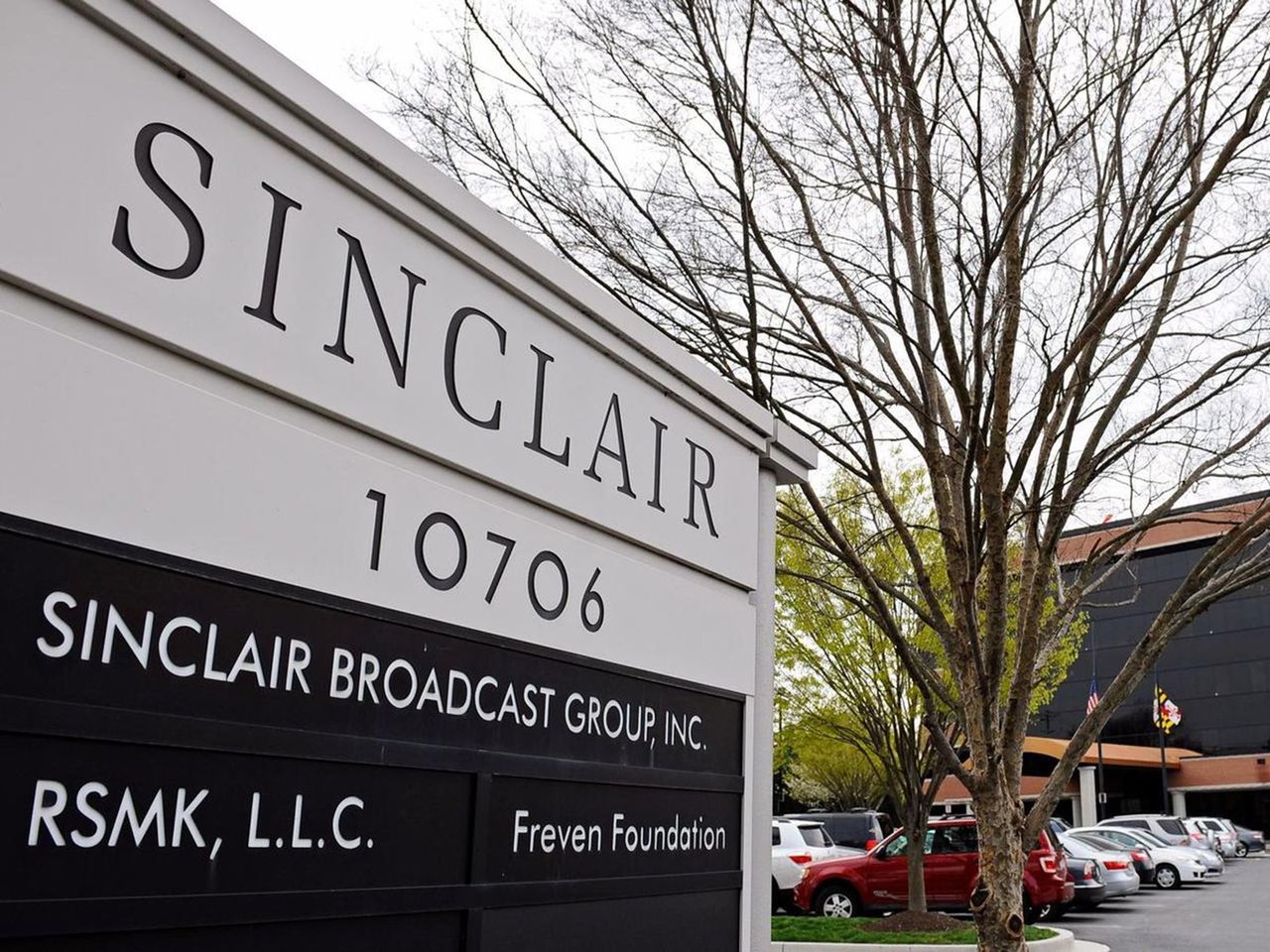Localism Proposal Raises Constitutional Concerns
Local citizen boards to judge the localism of broadcasters? Minimum local programming requirements?
Beneath the heat and smoke of Tuesday’s contentious vote to relax the newspaper-broadcast cross-ownership ban, the FCC also launched a proceeding on localism. Among the items out for public comment is a proposal that licensees should establish “permanent advisory boards (including representatives of underserved community segments) in each station community of license with which to consult periodically on community needs and issues.”
The proposal would also have the FCC “ensure that all broadcasters provide some locally oriented programming by tying it to the license renewal process.”
Another proposal: Qualified LPTV stations should be granted Class A status, which would require them to provide 3 hours per week of locally produced programming.
The localism proposals immediately raised free-speech concerns.
“I would hope that the commenting public would comment on the constitutionality and legality of those issues and also the public policy merits—if any—of reinstating things like ascertainment,” Republican Commissioner Robert McDowell said in press conference Thursday, referring to an old requirement that broadcasters ascertain community needs. “I’m very worried that there are some preliminary signs that the commission may someday move back to the pre-1984 ascertainment days.”
“I don’t think it’s constitutional or a good idea or necessary,” he said.
Democratic Commissioner Jonathan Adelstein, in a partial dissent, said the order would do little to promote actual localism.
“Today, we take a small step towards correcting the Commission’s past failings that produced a regulatory environment that limited citizen involvement and participation, provided broadcasters with virtually no guidance, and expected little, if any, accountability,” he said.
NAB said the proposal carried “grave First Amendment implications.”
The proposal “stems from a false notion that radio and television stations have abandoned our commitment to serving communities or have stopped offering distinctive local programming,” NAB spokesman Dennis Wharton said in a statement. “From coast to coast, local broadcasters are saving lives every day with Amber Alerts, emergency weather warnings, and coverage of natural disasters. The record shows that broadcasters have an unmatched tradition of serving the public interest, and as the FCC found in the 1980s, onerous regulations can have the unintended consequence of reducing programming quality.
“We are confident that any truly objective localism analysis will vindicate the performance of radio and TV broadcasters, and overshadow the shrill voices of those who would regulate broadcasters back to the 1960s,” Wharton continued.
The professional video industry's #1 source for news, trends and product and tech information. Sign up below.
